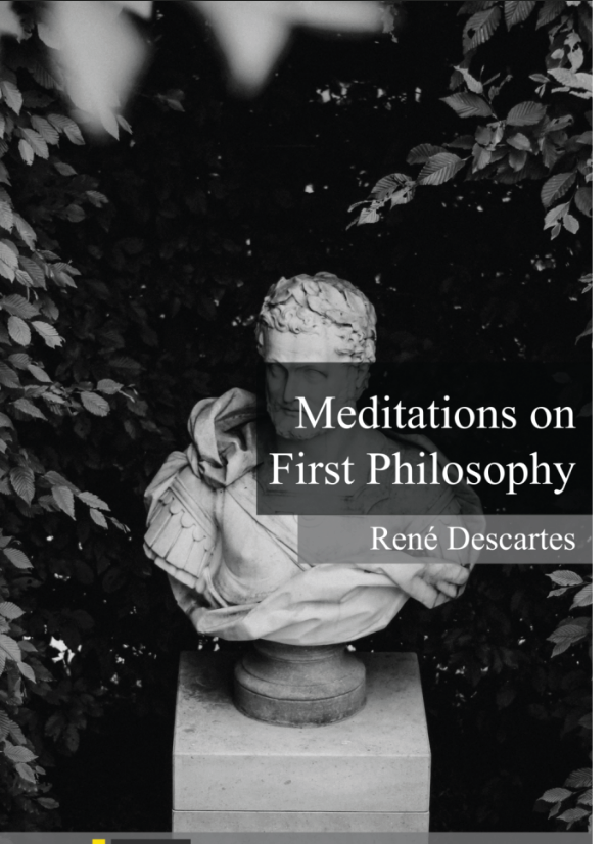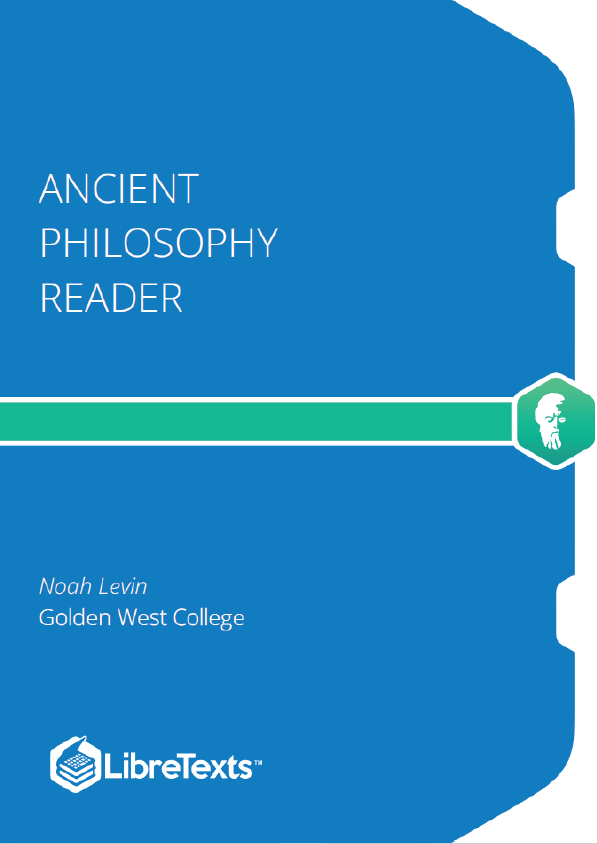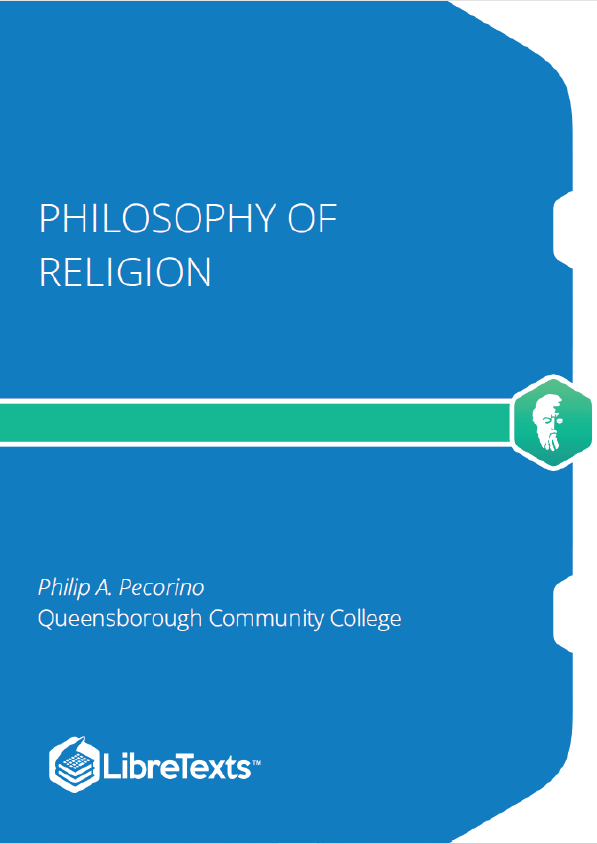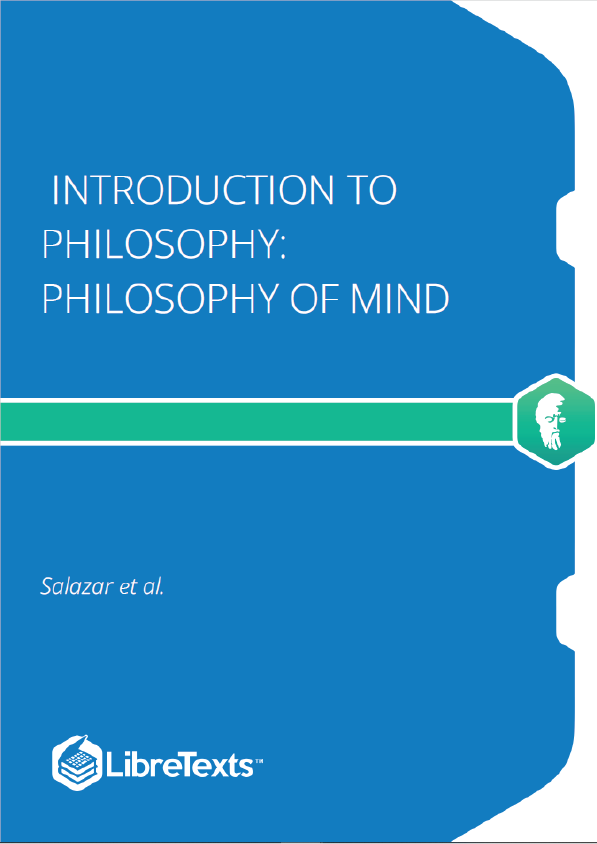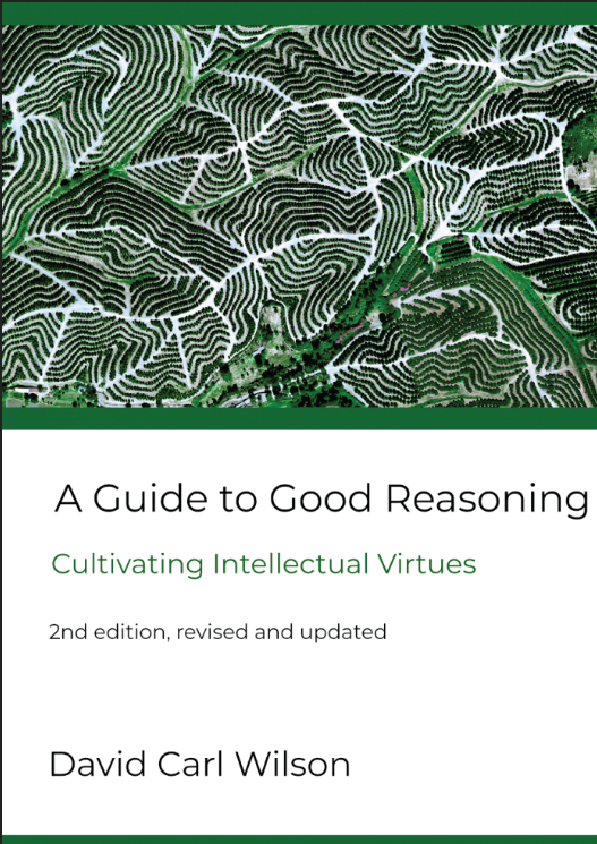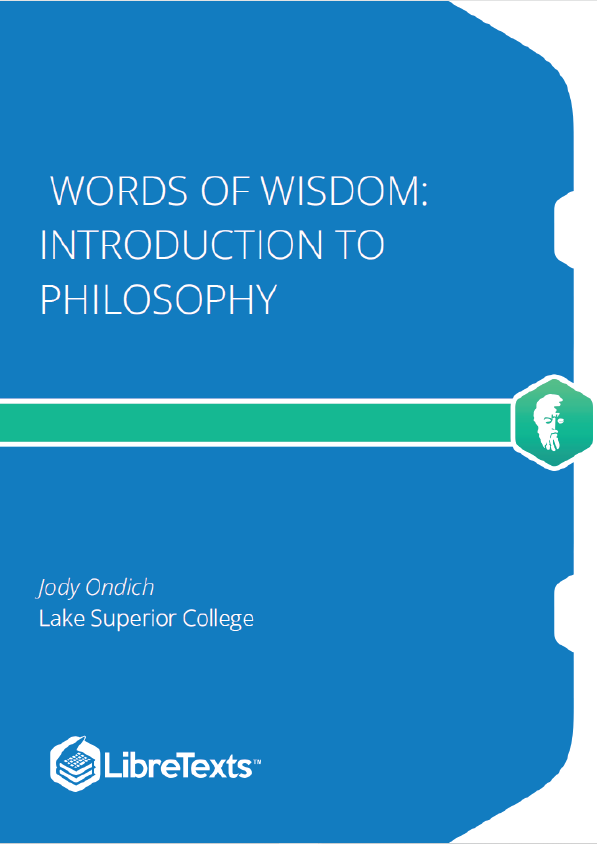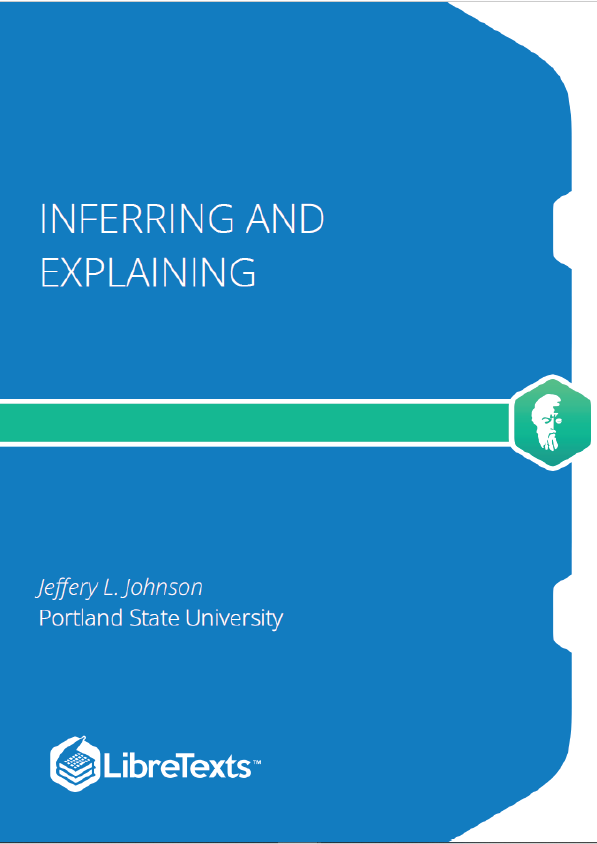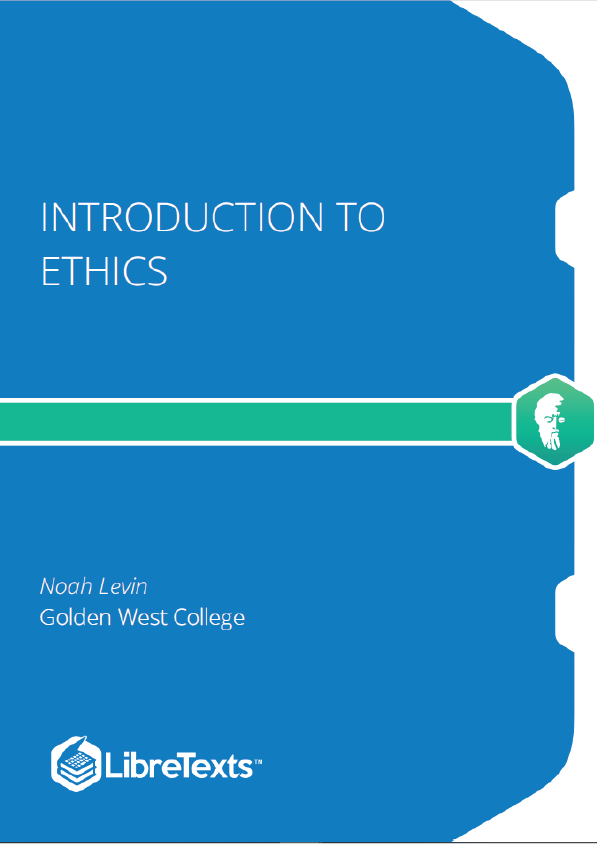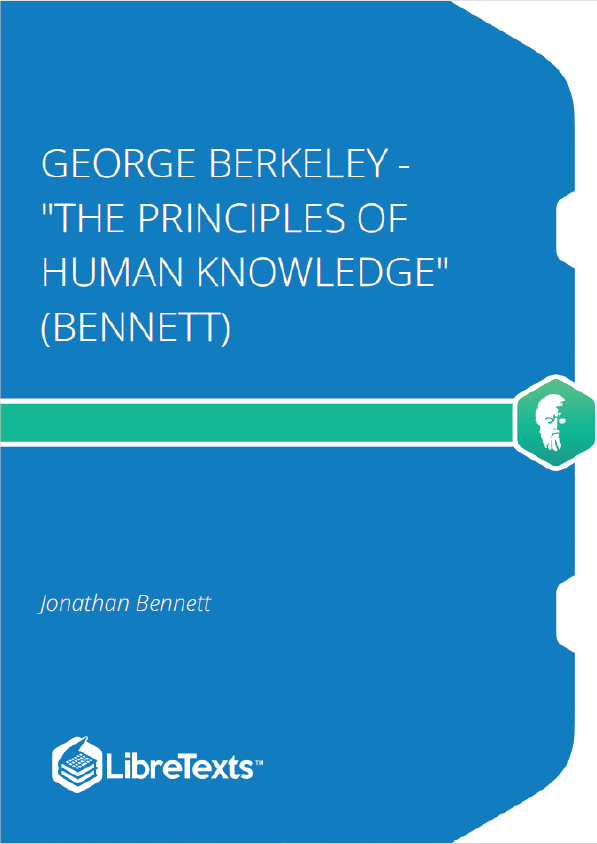I have already slightly touched upon the questions respecting the existence of God and the nature of the human soul, in the “Discourse on the Method of rightly conducting the Reason, and seeking Truth in the Sciences,” published in French in the year 1637; not however, with the design of there treating of them fully, but only, as it were, in passing, that I might learn from the judgment of my readers in what way I should afterward handle them; for these questions appeared to me to be of such moment as to be worthy of being considered more than once, and the path which I follow in discussing them is so little trodden, and so remote from the ordinary route that I thought it would not be expedient to illustrate it at greater length in French, and in a discourse that might be read by all, lest even the more feeble minds should believe that this path might be entered upon by them.
But, as in the ” Discourse on Method,” I had requested all who might find aught meriting censure in my writings, to do me the favor of pointing it out to me, I may state that no objections worthy of remark have been alleged against what I then said on these questions except two, to which I will here briefly reply, before undertaking their more detailed discussion.
The first objection is that though, while the human mind reflects on itself, it does not perceive that it is any other than a thinking thing, it does not follow that its nature or essence consists only in its being a thing which thinks; so that the word ONLY shall exclude all other things which might also perhaps be said to pertain to the nature of the mind. To this objection I reply, that it was not my intention in that place to exclude these according to the order of truth in the matter (of which I did not then treat),but only according to the order of thought (perception); so that my meaning was, that I clearly apprehended nothing, so far as I was conscious, as belonging to my essence, except that I was a thinking thing or a thing possessing in itself the faculty of thinking. But I will show hereafter how, from the consciousness that nothing besides thinking belongs to the essence of the mind, it follows that nothing else does in truth belong to it.
The second objection is that it does not follow, from my possessing the idea of a thing more perfect than I am, that the idea itself is more perfect than myself, and much less that what is represented by the idea exists. But I reply that in the term idea there is here something equivocal; for it may be taken either materially for an act of the understanding, and in this sense it cannot be said to be more perfect than I, or objectively, for the thing represented by that act, which, although it be not supposed to exist out of my understanding, may, nevertheless, be more perfect than myself, by reason of its essence. But, in the sequel of this treatise I will show more amply how, from my possessing the idea of a thing more perfect than myself, it follows that this thing really exists.
